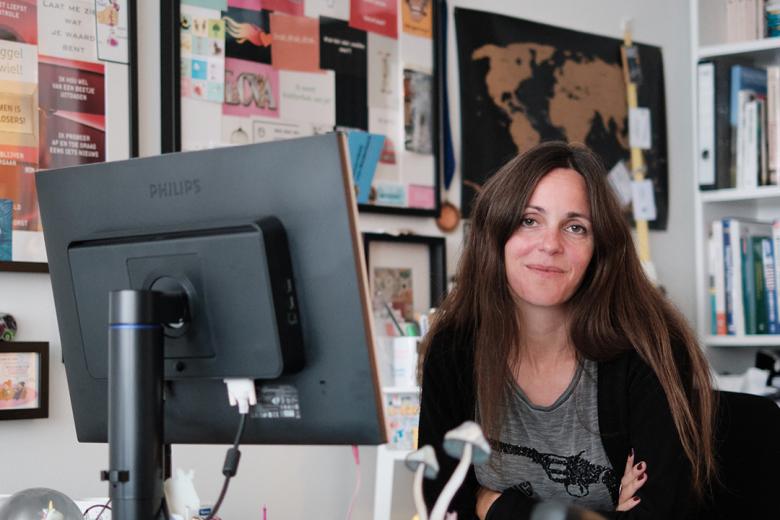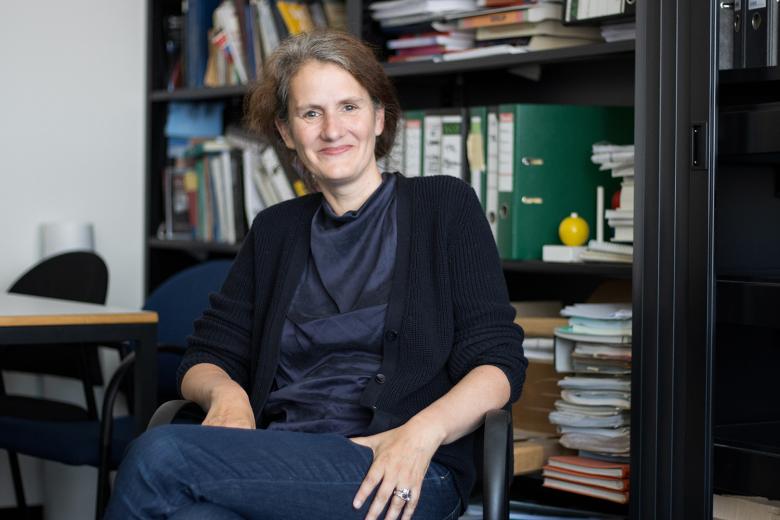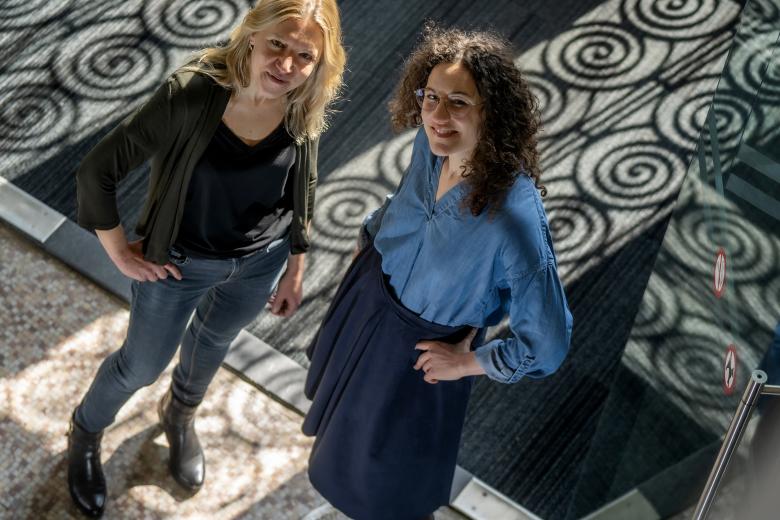Kim Kuypers | Genieten of Genezen (Enjoy or Cure)
We talked to Kim Kuypers (Faculty of Psychology and Neuroscience) about her new book Genieten of Genezen (Cure or Enjoy), about the effect of psychedelics on mental wellbeing.

We talked to Kim Kuypers (Faculty of Psychology and Neuroscience) about her new book Genieten of Genezen (Cure or Enjoy), about the effect of psychedelics on mental wellbeing.

On 9 September 2022, 16.30hrs, Professor Petra Hurks will give her inaugural lecture as Professor Psychodiagnostics.

New research investigates why women undergo risky cosmetic surgery for appearance ‘improvement’.

The International Council on Alcohol, Drugs & Traffic Safety (ICADTS) has released new guidelines summarizing the most recent research on cannabis-impaired driving.

A research done at Maastricht University shows why women choose to undergo cosmetic surgery and ignore the associated physical and psychological risks. Surprisingly, this is mostly not so because they are insecure about their looks, but because they believe ‘looking pretty’ makes them more...

Professor Kai Jonas is the Faculty of Psychology and Neuroscience’s first chair of “Applied Social Psychology with special focus on LGBTQI+ Diversity and Health”. In the run-up to his inaugural lecture, he reflects on difficult conversations, progress, and how he uses psychology to tackle the still...

Rachel Barros Custódio’s affinity with fairness and justice started early when she looked around her Portuguese hometown of Lisbon and saw the mistreatment of animals. “A lot of people in Portugal treat their animals like things, sometimes even worse. They don’t view them as living creatures with...


One misconception that Milene Bonte and Giada Guerra want to dispel at the very start of this interview is the idea that people with dyslexia are less intelligent than others. The learning disorder is nonetheless a serious problem, affecting an estimated 5 to 10 percent of primary school children.

Learning to read and write fluently seems natural to many people. But it's actually not. Certainly not for people with dyslexia. In this lecture neuroscientist Milene Bonte explains why.
